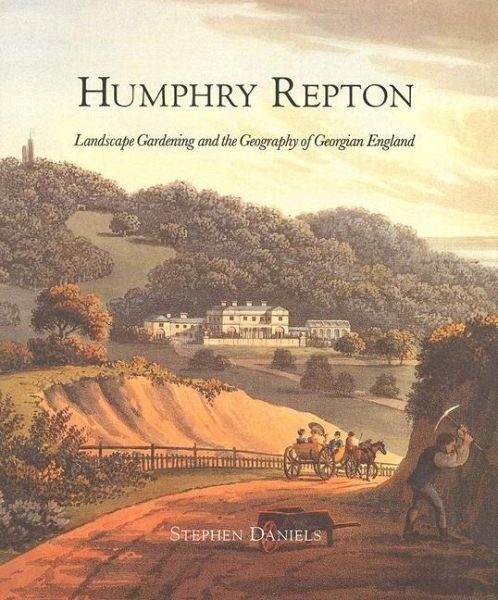Nicht lieferbar

Humphry Repton: Landscape Gardening and the Geography of Georgian England
Versandkostenfrei!
Nicht lieferbar
The leading landscape gardener of later Georgian England, Humphry Repton (1752-1818), was innovative and prolific, undertaking more than four hundred commissions during his thirty-year career. Repton worked for a wide variety of clients, notably the dukes of Portland and Bedford, and on many kinds of sites throughout England. He also promoted his profession in extensive writings about the theory and practice of landscape gardening. This book examines Repton's career and work in the context of the changing human geography of his time. Fully illustrated with many previously unpublished pictures,...
The leading landscape gardener of later Georgian England, Humphry Repton (1752-1818), was innovative and prolific, undertaking more than four hundred commissions during his thirty-year career. Repton worked for a wide variety of clients, notably the dukes of Portland and Bedford, and on many kinds of sites throughout England. He also promoted his profession in extensive writings about the theory and practice of landscape gardening. This book examines Repton's career and work in the context of the changing human geography of his time. Fully illustrated with many previously unpublished pictures, the book charts Repton's vision of England, how his style changed and persisted over time and from place to place, how he influenced his profession, and how he fashioned a social identity for himself. Stephen Daniels frames Repton's life and work in terms of five domains: the road, the county, the picturesque landscape, the aristocratic estate, and the urban periphery. Focusing on the way these domains shaped Repton's career and how he in turn attempted to shape them, Daniels examines in depth more than twenty representative commissions that delineate Repton's social and spatial theory of landscape. The author casts new light not only on the work of Humphry Repton but also on the role of landscape itself in English culture and society.













